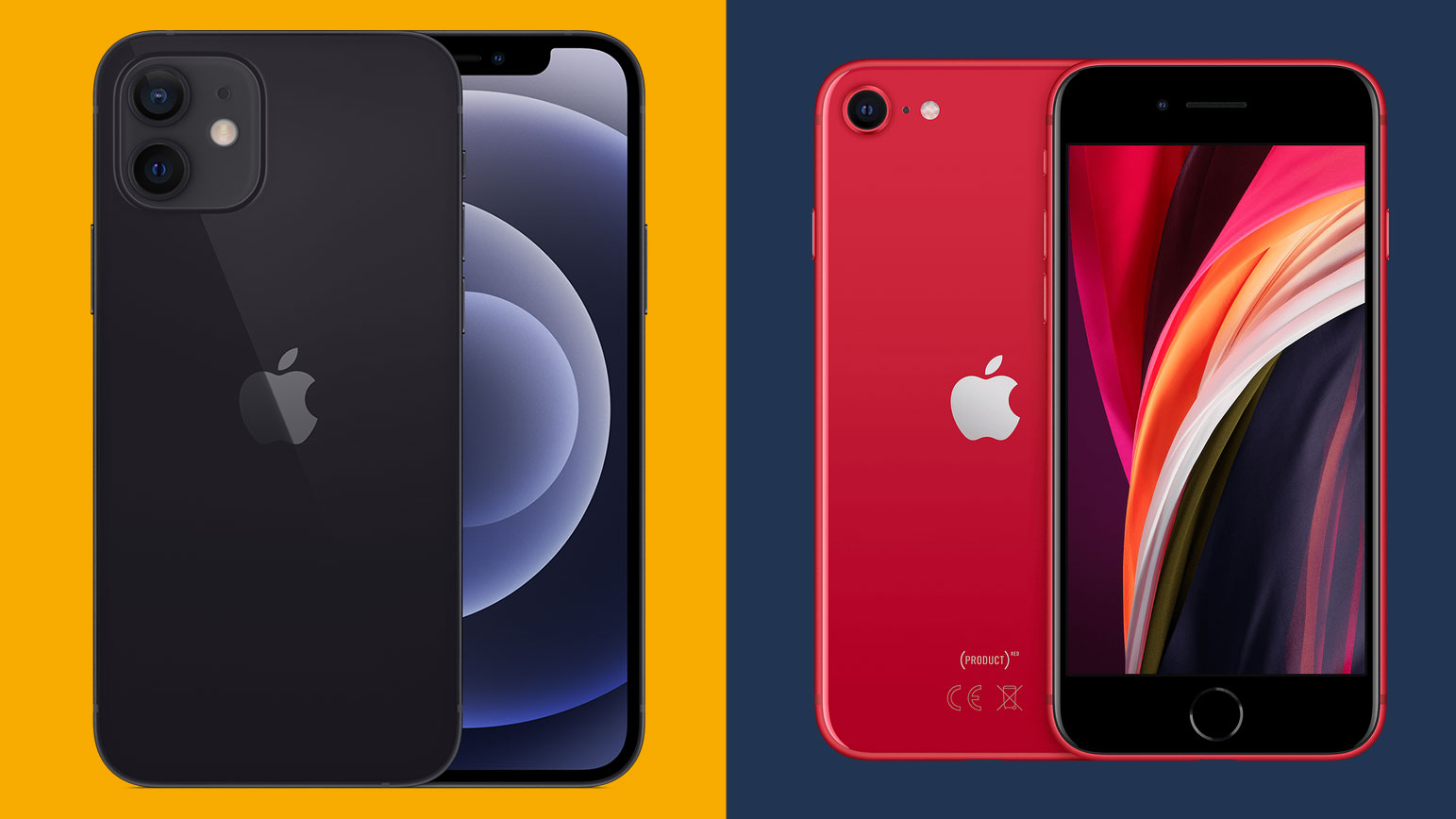Introduction
In the ever-evolving landscape of technology, one trend that has been gaining significant momentum is the integration of augmented reality (AR) into mobile app development. As businesses strive to create immersive and engaging experiences for users, AR has emerged as a game-changer. In this blog, we will explore the profound impact of augmented reality on mobile app development services, shedding light on the transformative possibilities and the challenges it presents.
Understanding Augmented Reality
Before delving into its impact, let’s establish a clear understanding of augmented reality. Augmented reality refers to the integration of digital elements into the real-world environment, enhancing the user’s perception and interaction with their surroundings. Unlike virtual reality, which creates a completely immersive experience in a simulated environment, AR overlays digital information onto the physical world.
The Evolution of Mobile App Development Services
Mobile app development services have come a long way since the inception of smartphones. The initial focus was on creating user-friendly interfaces and functionality. However, as the capabilities of smartphones advanced, developers started exploring innovative ways to leverage features like GPS, cameras, and sensors. This led to the integration of AR into mobile apps, opening up new avenues for creativity and user engagement.
Transformative Possibilities
Enhanced User Experience
AR has the potential to revolutionize user experiences by adding a layer of interactivity to mobile apps. Whether it’s shopping, gaming, or education, augmented reality can elevate the overall user experience by providing a more immersive and personalized interaction. For instance, retail apps can allow users to virtually try on clothing or visualize furniture in their homes before making a purchase decision.
Gamification
The gaming industry has been quick to embrace AR, with games like Pokemon Go showcasing the immense potential of this technology. By blending the virtual and real worlds, AR gaming apps create captivating and dynamic experiences. Mobile app developers can capitalize on this trend by integrating gamification elements into various applications, enhancing user engagement and retention.
Navigation and Location-Based Services
AR-powered navigation apps are changing the way people navigate and explore their surroundings. Mobile app development services can leverage AR to provide real-time navigation information, overlaying directions onto the user’s field of view. This can be particularly useful in urban environments or large indoor spaces, offering a more intuitive and efficient navigation experience.
Challenges in AR Integration
While the potential benefits of augmented reality in mobile app development are substantial, there are challenges that developers must navigate:
Technical Complexity
Implementing AR features requires a deep understanding of computer vision, 3D modeling, and sensor integration. Mobile app developers need to possess specialized skills to overcome the technical complexities associated with AR development.
Hardware Limitations
AR functionality often relies on the capabilities of the device’s hardware, such as cameras and sensors. The success of AR applications is contingent on users having compatible devices, limiting the widespread adoption of AR features.
Overcoming Challenges: The Future of Augmented Reality in Mobile App Development
Industry-Specific Applications
The impact of augmented reality extends across various industries, offering tailored solutions that cater to specific needs. In healthcare, AR can facilitate medical training through immersive simulations, allowing practitioners to refine their skills in a risk-free environment. Similarly, in education, AR apps can bring textbooks to life, offering interactive and dynamic learning experiences for students.
Social Interaction and Communication
The integration of AR into social media platforms has the potential to redefine communication. Imagine being able to leave virtual messages or annotations for friends at specific locations, visible only through an AR-enabled app. This convergence of augmented reality and social interaction opens up innovative possibilities for connecting with others in ways previously unimaginable.
Marketing and Advertising
For businesses, augmented reality presents a unique avenue for marketing and advertising. Interactive and engaging campaigns can be created, allowing users to experience products in a virtual space before making a purchase decision. This not only enhances the customer’s shopping experience but also provides businesses with valuable insights into consumer preferences.
Continuous Advancements in AR Technology
As technology continues to advance, the limitations of AR are gradually being overcome. The evolution of 5G networks, for instance, addresses concerns related to latency, ensuring a smoother and more responsive AR experience. Additionally, ongoing developments in hardware, such as improved cameras and sensors, contribute to the seamless integration of AR features into a broader range of devices.
The Role of Mobile App Development Services
To fully harness the potential of augmented reality, businesses are turning to specialized mobile app development services. These services play a crucial role in bridging the gap between innovative ideas and practical implementation. A skilled app development team can navigate the technical complexities of AR, ensuring that applications are not only visually appealing but also function seamlessly across various devices.
Building a Robust AR Ecosystem
Creating a robust AR ecosystem involves collaboration among developers, businesses, and hardware manufacturers. Developers need to stay abreast of the latest AR development tools and platforms, ensuring that they can leverage the full spectrum of capabilities. Businesses, on the other hand, should invest in research and development to explore how AR can be integrated into their products and services.
Conclusion
The integration of augmented reality into mobile app development services is poised to redefine how users interact with digital content and experiences. As businesses recognize the potential for enhanced engagement and immersive interactions, the demand for AR-powered apps is expected to grow. While challenges persist, the evolving landscape of technology and the creativity of developers will likely overcome these hurdles, ushering in a new era of mobile app experiences.
In conclusion, as we navigate the intersection of augmented reality and mobile app development, it’s clear that the fusion of these technologies holds tremendous promise for the future. Businesses that embrace this trend stand to benefit from heightened user engagement, innovative marketing opportunities, and a competitive edge in the dynamic world of mobile applications. As the industry continues to evolve, staying abreast of the latest developments in AR will be crucial for mobile app developers seeking to shape the next generation of digital experiences.



